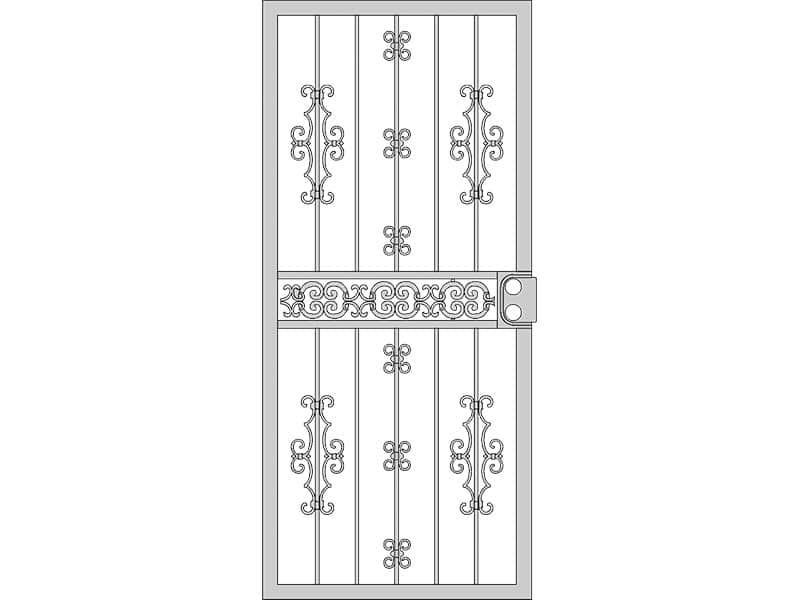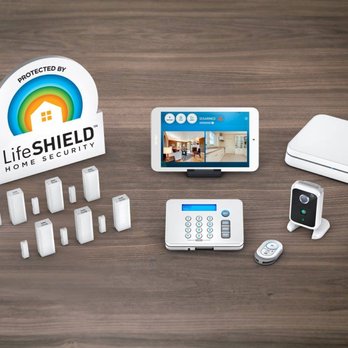
Scout security offers professional monitoring and is a DIY home alarm system. However, it requires a contract. It is a crucial consideration for homeowners who want to protect their homes. Scout provides 24 hour monitoring and can be set up quickly. Scout is an option if you don’t need a professional monitor service.
scout security is a DIY home security system
Scout is a DIY security system that mimics ADT-style home protection. Scout Hub is $129 and includes a camera and motion sensor, cellular backup and live monitoring. You can add any combination sensors or accessories. The Scout hub plugs into an Ethernet cord and is very easy to put together. For control, the system comes with a mobile application. Users can set their own rules. For example, the Scout hub has pre-populated settings for Home, Away, and Vacation, but you can edit these settings to suit your needs.
If you don't feel confident installing the system, you can hire someone to monitor it for $20 per calendar month. Other DIY home security systems offer this monitoring service for free. You can use your smartphone to arm and disarm the system, and use the mobile app to manage home automation. The service helps prevent you from worrying about the safety of your home if power goes out or if you don't have internet access.

It provides professional monitoring
A professional monitoring service is a great option if you are concerned about the security of your home. Scout security, a professional monitoring service, can protect your home and family from unwanted visitors for as low $20 per month. You'll also get professional monitoring 24/7, 4G LTE backup, unlimited text and phone call alerts, and unlimited SMS and phone calls.
Scout security systems offer a unique way to protect your home. There are no hidden fees or contracts. Scout customers are able to purchase all equipment and only pay a monthly monitoring charge. The security team can call the police and fire departments in an emergency.
The Scout alarm can be purchased in two colors, and comes with a 3 year warranty. It is a DIY security system that can be easily installed at a low cost. It will cost $9.99 per month to monitor the system yourself. You don't need to sign a contract and there is a 60-day refund policy. You can cancel your subscription at any time. You can also opt out of monitoring at any time. The system will continue to work later.
You will need to sign a contract in order to use it
Scout Security is a service that you must first read the Terms of Service. These Terms are a contract between Scouts and you. The TOS stipulates the conditions under which Scout will provide its services. If you don't comply with the TOS Scout won't provide any service.

Scout's TOS also states that it will not be responsible if any damages are caused by its products or services. It also clarifies that no warranty, expressed or implied, is provided by Scout, whether in terms of title, non-infringement, merchandising, or fitness for a particular purpose.
Scout will also provide information on how you can reach Scout if you have any questions. Scout will address any concerns or complaints. You have the option to request that your Personal Data be deleted at any time. Scout may be required to share Personal Data to provide its services in some instances.
FAQ
Which home security system is the most highly rated?
ADT Pulse and Ring Alarm are the most popular home security system. Vivint Smart Security Home Security and Protect America are also very popular.
Which home security system has the most features?
Ring Video Doorbell Pro boasts the most features among all of the home security systems we evaluated. It allows you to see who is at the door, chat with them, and even record videos. You can also save recordings to the cloud with this free service.
How do I decide between the different types of home security system?
You should consider what kind of threats are in your area. For example, if there's a lot of crime in your neighborhood, then you might want an alarm that will sound when someone enters your property. You might not need as many security measures if you live in a rural location with few burglaries.
You should also think about whether you're willing to pay for extra features. Some systems include cameras built in, while others do not. Some systems let users remotely monitor their homes, while others require them to be physically present in order for you to see the footage.
Can I install a security camera by myself?
Yes! You can install a home alarm yourself if you know what you're doing. If you don't want to do it yourself, then hire an expert who will be able to help you install it properly.
Statistics
- Depending on your insurance, 24/7 professional monitoring may qualify you for as much as 15% off your premium. (safewise.com)
- Related questionsHome security systems that are 100% DIY (safewise.com)
- (In my experience, the discount on my home insurance covered about 25 percent of the subscription of an average plan, but your mileage may vary depending on your location and the size of your home.) (theverge.com)
- Cove sets you free without punishing penalties and fees, unlike other security solutions that charge 75% to 100% of your remaining contract. (safewise.com)
External Links
How To
How to test your home security system
How to test an Home Security System
The first thing you need to do is install your alarm-monitoring software on your PC. The manufacturer recommends that you download the most recent version. The next thing you want to do is to set up your phone number so that when someone calls the monitoring center they get routed directly to your line. If you don't know what to do, contact your local provider for help. Now it's time for you to start testing.
There are two main ways to test your system. The first method is to use an empty device. This is a fake device, which appears just like the real thing. It doesn't function as well as the real device. The sound it makes when it turns on is identical to the real thing, if it was functioning properly. But, using a dummy device has its limitations. First, it won't tell you anything about the actual functionality of your system. A second concern is that it could look suspicious to those who just happen to be looking at it. Third, it might be stolen and cause trouble.
The second option is to test the system manually. This means that you go through every feature of your system and make sure that it works properly. You would check, for example, whether the motion sensors are working, the cameras are recording properly, and if the door locks work. At least once per week, test everything. Once everything is tested thoroughly, you will be able to feel confident that the system is working properly.